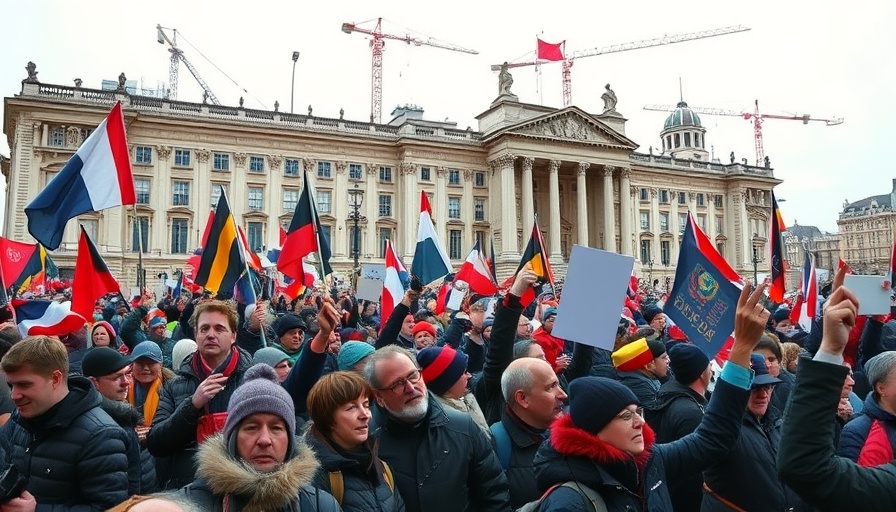
Canadian Freedom Convoy Leaders Convicted: The Dilemma of Civic Dissent
In a controversial ruling, Tamara Lich and Chris Barber, the prominent leaders of Canada’s 2022 Freedom Convoy, were convicted on mischief charges for their roles in protests against COVID-19 mandates. The court's decision surfaces amidst a backdrop of heated debate over the balance between public health measures and individual rights.
Understanding the Context: COVID-19 Mandates and Public Response
The Freedom Convoy emerged as a significant demonstration against perceived governmental overreach during the pandemic. Organized primarily by truckers, this protest sought to challenge various health policies, including mandatory vaccinations. Former Prime Minister Justin Trudeau's invocation of the Emergencies Act to disperse the convoy underscored the government's firm stance against the unrest. This act was a pivotal move that polarized public sentiment, raising questions about civil liberties in times of crisis.
The Bigger Picture: Health Freedom vs. Medical Martial Law
The convictions of Lich and Barber have reignited discussions about medical martial law and the ethical implications of enforced health regulations. Critics of the COVID-19 mandates argue that such laws infringe on personal freedoms and bodily autonomy. In contrast, supporters contend that these measures are necessary to safeguard public welfare. This ongoing ideological battle is now at the forefront of political discourse, positioning health measures as both a protection and a potential source of tyranny.
Implications for Future Protests and Civic Engagement
The outcomes of the Freedom Convoy trials may set a precedent for how authorities respond to future movements and acts of civil disobedience. The reactions from other groups—ranging from public support to condemnation—may influence how lawmakers and activists approach similar issues going forward. As public trust in health institutions wavers, it is crucial for citizens to understand their rights and the implications of governmental policies.
Conclusion: Finding Balance in a Polarized Era
As the dust settles on the Freedom Convoy saga, the conversation shifts to a pressing inquiry: How do we balance public health and personal freedoms? The convictions of Lich and Barber serve as a reminder of the complexities involved in advocating for health freedom while maintaining societal order. For those reflecting on the events of the last few years, engagement in conversations around civic rights has never been more vital. Stay informed about your rights and the evolving landscape of health legislation.
 Add Row
Add Row  Add
Add 




 Add Row
Add Row  Add
Add 



Write A Comment